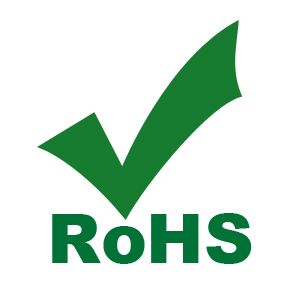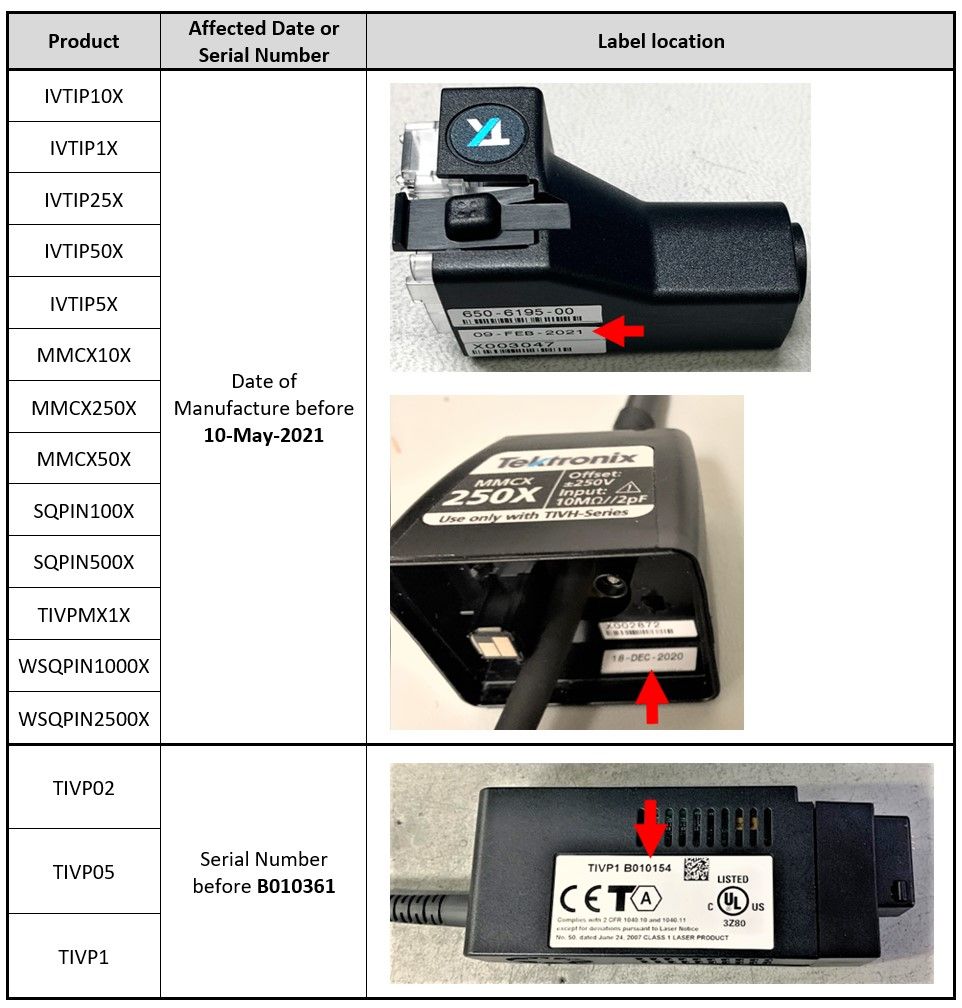RoHS stands for Restriction of Hazardous Substances, i.e. the restriction [of the use of certain] hazardous substances. The EU Directive 2011/65/EU deals with this restriction of the use of certain hazardous substances in electrical and electronic equipment and regulates their use and the placing on the market of hazardous substances in electrical equipment and electronic components. The predecessor Directive 2002/95/EC (RoHS 1) was replaced by Directive 2011/65/EU (RoHS 2) on 3 January 2013.
Together with our manufacturers, we are careful to only process and market products with RoHS-compliant substances. Should it nevertheless be the case that a product proves to be non-RoHS compliant, we and the manufacturers will take immediate action, first and foremost drawing attention to the content of non-RoHS-compliant substances in the affected products and then, if necessary, offering the option of returning the affected product to the manufacturer. At the same time, of course, the products will be adapted and the affected parts will be replaced by RoHS-compliant ones or an alternative product will be offered according to the means available.
If you are affected in any way and own one of these said products, we would like to point out that we are happy to support you and find a solution together.
Tektronix Soft Carry Case Non RoHS Compliant
It has recently been discovered that the soft carrying case used to store and transport certain Tektronix probes, sold to you as an accessory to these probes, contains a transparent plastic card holder window sewn to the outside of the soft carrying case which contains cadmium which may not fully comply with the substance restrictions of the EU RoHS Directive 2011/65/EU / REACH.
The cadmium is only in the transparent card holder window normally used for the probe model card. The total mass of cadmium potentially in each card holder of the case is limited to about 0.2 mg, which is above the legal limit of 0.1 mg for that card holder.
This issue is not expected to have an impact on human health as cadmium is generally absorbed by ingestion or inhalation; dermal exposure is not considered significant. This issue has been reported to the competent authorities via the EU Product Safety Business Alert Gateway.

The following probes are affected by the soft case packaging:
TDP0500 | TDP1000 | TDP1500 | TDP3500 | TDP4000
TAP1500 | TAP2500 | TAP3500 | TAP4000
P6247 | P6248 | P6251 | P7240
P6701B | P6703B
Some Tektronix probe tips are not RoHS compliant
Some Tektronix probes and probe tips sold may contain internal lead solder that does not fully comply with the substance restrictions of the EU RoHS Directive 2011/65/EU. The concentration in the solder may exceed the limit of 0.1% (1000 ppm). The total mass of non-exempt lead in each probe or probe tip is limited to 4-12 mg in all devices except the TIVPMX1X, which contains approximately 63 mg.
The potentially affected probes and probe tips are shown in the picture.
This problem does not affect the use/performance of the probes or probe tips according to their published specifications. Furthermore, the solder joint is located inside the unit and is therefore not accessible. Therefore, it does not pose a health risk under normal installation, maintenance and use conditions.
For proper end-of-life disposal, Tektronix requests that the item and its packaging be marked as non-compliant. This will ensure that the product is disposed of safely at the end of its life in accordance with local laws and regulations. To do this, you can use our recycling programme, which you can find on the Internet at Protecting The Environment - Tektronix Recycle Program | Tektronix .
Bitte wenden Sie sich mit Ihren Fragen oder Anliegen an Martin Baggs, Director of Quality: Product Compliance unter martin.r.baggs@tektronix.com.
